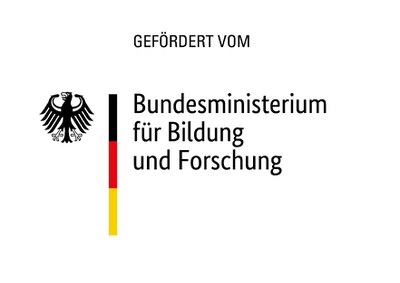Structural change likely increases inequality in India more than climate policy
The decarbonization of India’s economy will affect economic actors differently. Here we study the distributional effects of climate policy in India, taking the specific role of structural economic change into account. We contrast distributional effects from climate policy with distributional effects from structural change and quantify how far carbon pricing supports structural change and economic development. We develop and apply a comprehensive model framework that combines long-term growth and medium-term trade dynamics related to structural change with detailed household income and expenditure data for India. Our results emphasize that distributional effects from structural change are stronger than from carbon pricing. Consequently, governments should not focus solely on the distributional effects of climate policy, but also consider the larger context of economic transformation processes when designing and implementing social policies.

